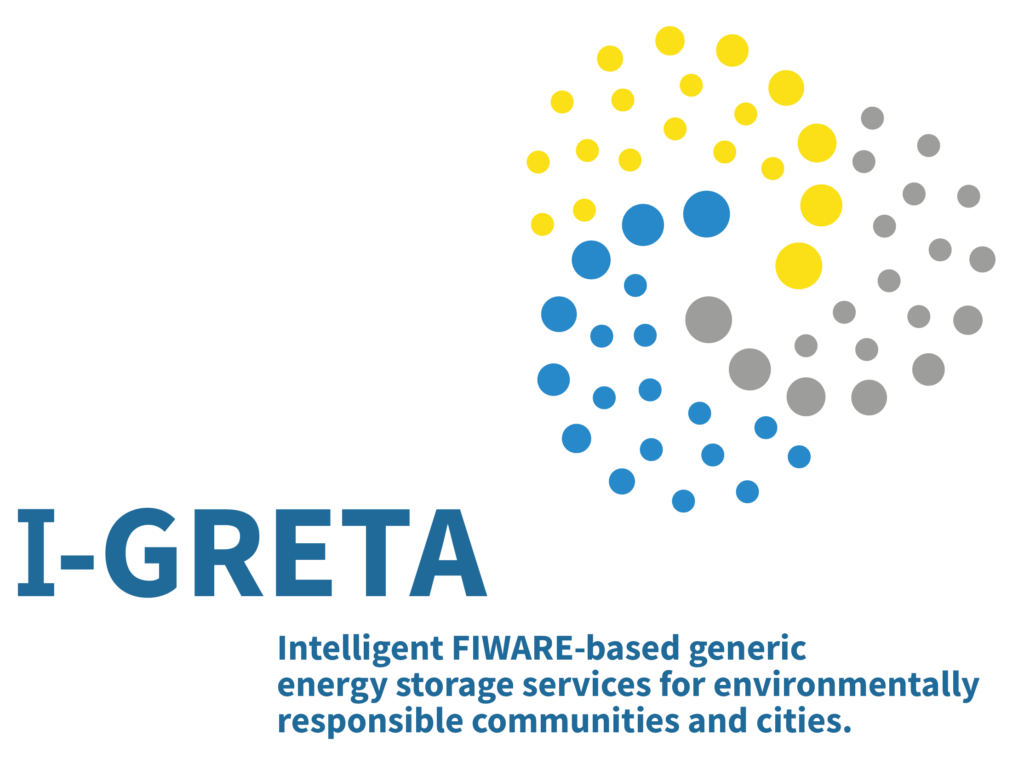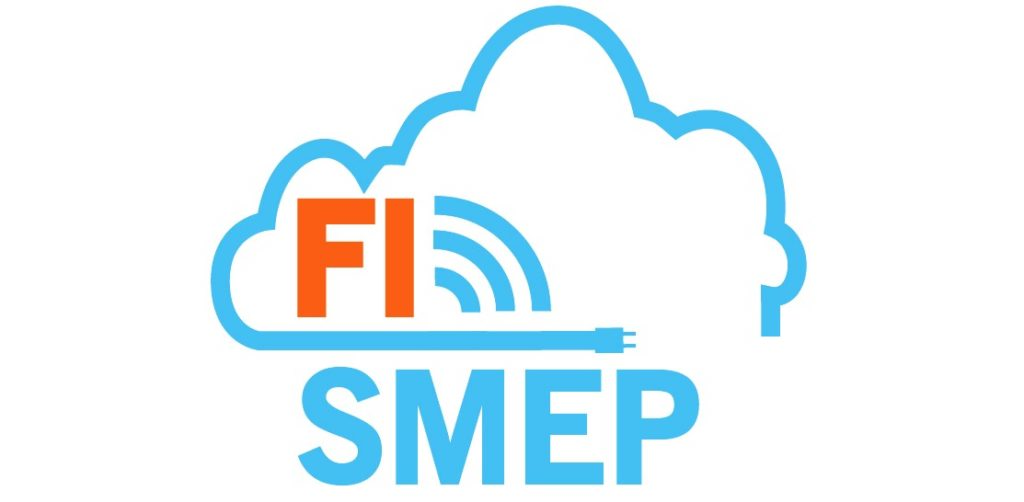Completed Projects
The goal of I-GReta is to develop solutions for planning and operation of highly flexible energy systems benefitting from storage capacities. These will be capable of integrating high shares of renewables in regional and local energy networks through integrated demand flexibility and forecasting on building level as well as large-scale optimization-based control of electrical, heating and cooling consumption.
The consortium intends to build a real-world digitalized and decentralized energy system. I-GReta will connect 5 trial sites in 4 countries via a professional ICT platform benefitting from FIWARE components. Occupants, owners and system operators as key need owners will participate and assess the operation of the respective systems in a Virtual Smart Grid (VSG) based on the platform. A key use case will be the trading of storage capacities via the platform. Individual storage solutions will additionally provide high value and immense impact potential in the local perspective.
Main objective of EMERGE is to define and validate a new measurement framework for emerging power systems and its validation for selected measurands: frequency, rate of change of frequency, voltage and current phasors, active power in at least two scenarios defined by the phenomena dynamics (and reflected in the selected reporting rate if the measurements and associated steady state flagging concept).
Secondary objectives are SO1: Derivation of prosumers load curves (in the form of two quadrant, 2Q load models), using machine learning models; and, SO2: Embedding 2Q load models in an optimization framework for real time control in low inertia grids for scenarios including local and distributed storage (WP4, lead dr. Irina Ciornei).

The main goal of the IoTRAIN project is to achieve the modernization and internationalization of higher education in Iran and Iraq, taking into account the huge changes introduced by Internet technologies in society and business, and to design, develop and enact teaching, peer-production and continuous improvement processes. IoTRAIN is particularly designed to target the growing demand of professional IIoT skills by enhancing the IIoT-related trainings in Iranian and Iraqis HE institutions (HEI). In this regard, IoTRAIN covers a careful analysis of existing and future technological gaps in IIoT and provides required trainings towards improving competitiveness of future Iranian and Iraqis engineers. IoTRAIN delivers an IIoT competence model consisting of the state-of-the-art skills in IIoT at the European and international standard levels. The provided model adopts up-to-date training materials of the European partners of the project and provides necessary high-level training with the aim of improving competitiveness of future Iranian and Iraqi. Furthermore, IoTRAIN delivers a Digital Engineering competence model consisting of the state-of-the-art skills in digitalization for engineers and experts following European and international standards.
The program aimed to encourage high school seniors, mostly from disadvantaged backgrounds and underrepresented categories (e.g. poor rural areas, girls, from fragmented families due to parents working abroad), to continue their education in engineering studies through focused trainings, mentorship and a technical skills competition and award event. The main objective was to identify, train and support a representative cohort of 50 high school students during the implementation of the program, with a majority of them coming from less represented categories.









